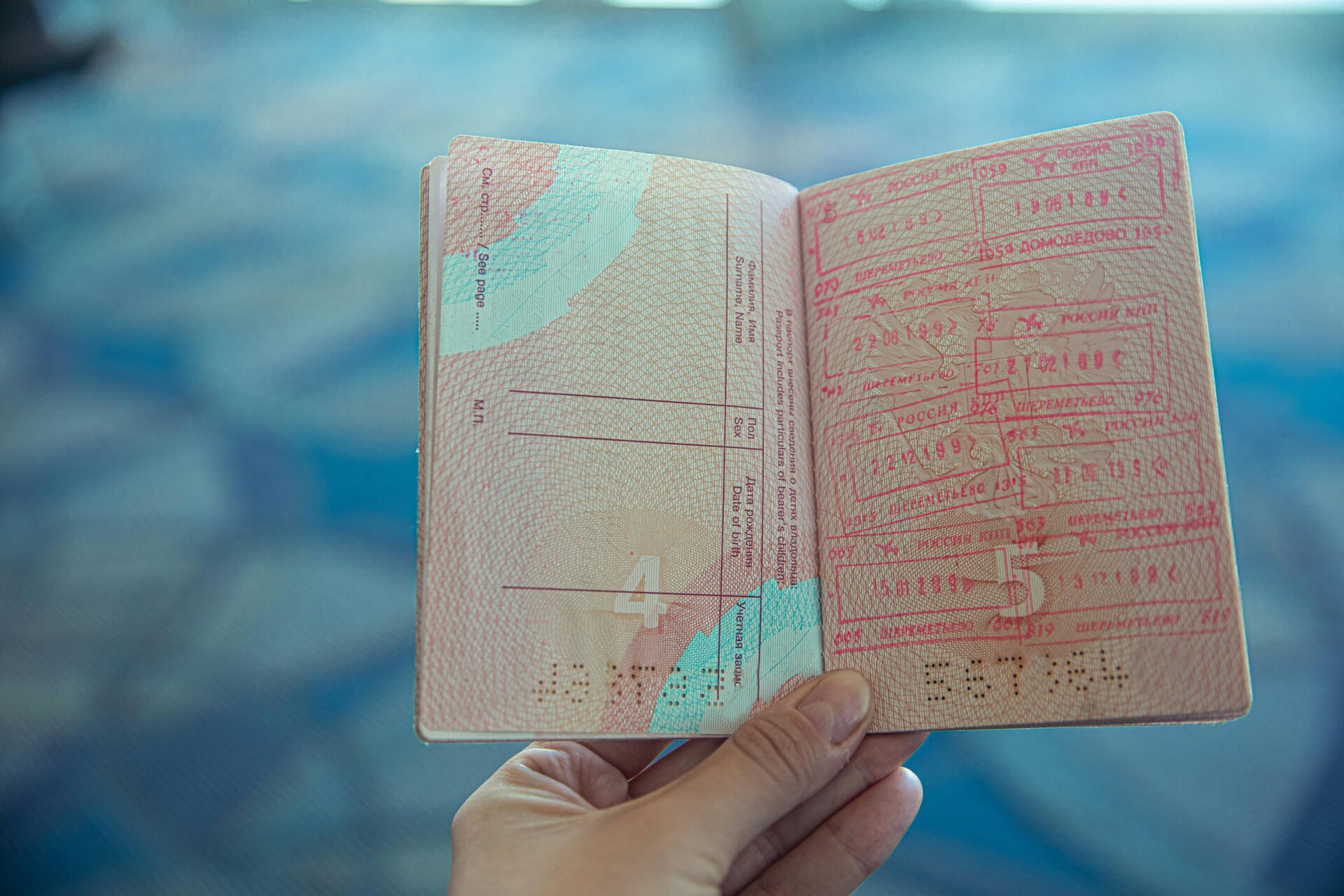Your Guide to Irish Visas in 2025


Your Guide to Irish Visas in 2025
Your Guide to Irish Visas in 2025
What Types of Visas Are Available, How to Apply & What You Need to Know
Ireland offers a wide range of visas and permissions depending on the purpose of your stay—tourism, work, study, family reunification, or long-term residency. If you’re considering moving to Ireland or already here and need clarity on your status, this guide walks you through the main visa categories, requirements, and common immigration stamps in Ireland.
What You’ll Find in This Guide
- Visa categories: short stay vs long stay
- Major visa types: work permits, student visas, family & joining visas
- Immigration stamps & what they mean
- Key application tips & processing times
Visa Categories: Short-Stay vs Long-Stay
Short-Stay Visas (“C” visas)
These are for stays of up to 90 days. Common uses include tourism, business visits, visiting family, conferences, short courses, or exams. Immigration Service Delivery+2Dublin.ie+2
Long-Stay Visas (“D” visas)
Longer stays (more than 90 days) are for students, family members wanting to live in Ireland, work visas, and other long-term reasons. These visas often require additional permits or stamps within Ireland. Immigration Service Delivery+1
Main Types of Visas & Permissions
Here are some of the most requested visa types, with basic requirements and considerations.
| Visa / Permission Type | When It Applies | Key Requirements |
|---|---|---|
| Student Visa (Long Stay) | Full-time courses over 3 months, non-EEA nationals | Valid admission in a recognised course, proof of funds, health insurance, and sometimes English level. dingoos.com+2Dublin.ie+2 |
| Critical Skills Employment Permit | Skilled jobs in shortage occupations; high-skill roles | Job offer, meet minimum salary thresholds, qualifications, employer enables work permit. dingoos.com+1 |
| General Employment Permit | For non-EEA nationals when critical skills permit is not applicable, or other qualifying roles | Employer sponsorship, sometimes labour market tests, proof of credentials. dingoos.com+1 |
| Joining Family / Spouse Visas | If you have family members (spouse, partner, dependent children) living lawfully in Ireland | Proof of relationship, financial capacity, accommodation, sometimes English language, and clean record. Immigration Advice Service+1 |
| Transit / Re-entry / Multiple Entry Visas | For short transits through Irish airports or returning to Ireland if you hold Irish Residence Permit | Check if your nationality requires transit visa, apply ahead of travel, prove onward journey. Immigration Service Delivery+1 |

Your Guide to Irish Visas in 2025
What Types of Visas Are Available, How to Apply & What You Need to Know
RImmigration Stamps & Permits & What They Mean
When inside Ireland, non-EEA nationals often receive an Immigration Stamp in their passport along with an Irish Residence Permit (IRP). These stamps define your permission to remain, work, study, or join family. Common stamps include:
- Stamp 1 / Stamp 1G – for many employment permit holders.
- Stamp 2 – for students.
- Stamp 3 – for dependents of work permit holders or certain family-based permissions.
- Stamp 4 – one of the more powerful stamps: allows you to live and work without needing a separate employment permit. Immigration Advice Service+1
It’s essential to know which stamp matches your legal status because it determines what you can or can’t do (e.g. work, access certain services, etc.).
Application Process & Tips
Here are practical considerations when applying for a visa or residency permission in Ireland:
- Check visa requirements early — depending on your nationality, you may need to apply from your home country. ireland.ie+1
- Prepare documentation — letters of admission, job offers, proof of finances, accommodation, relationships, police or medical clearances.
- Allow for lead time — some visas process quickly; others, particularly long-stay or work permits, take weeks or months. Dublin.ie+1
- Maintain valid immigration permission once inside Ireland — renew stamps or IRP before expiry to avoid complications.
- Seek legal or professional guidance in complex cases (family law, dependents, switching visa categories, human rights aspects).
Recent Updates & Considerations in 2025
- Ireland continues to refine visa & immigration policy, particularly for non-EEA nationals, work permit thresholds, and visa-exempt countries.
- Be aware of visa fee changes, new employment permit categories, or changing lists for “critical skills”.
Final Thoughts
Knowing the right visa or permission is crucial. Getting the wrong stamp, applying under incorrect category, or being unaware of restrictions can lead to serious problems (refusals, inability to work, or even removal). Always verify the most current information on official sites like the Irish Immigration Service, Department of Foreign Affairs, or Citizens Information. Immigration Service Delivery+2ireland.ie+2
Need Help with Your Irish Stamps or Visa Status?
If you’re unsure about your Irish visa, your immigration stamp, or which permission you should be applying for, MWeds is here for you. Contact us now for personalised guidance — or share this post with someone who might benefit. Everyone deserves clarity and security in their residency status.
Ready to Start Your Irish Naturalisation Journey?
Don’t let the complexity of the Irish naturalisation process hold you back from achieving your dream of Irish citizenship. Let MWeds guide you through every step of the way.
Contact us today! Click on the “Contact Us” button on our website or reach out via WhatsApp at +353 83 852 9821. Our team of experts is standing by to help you unlock your professional potential in Ireland.
Remember, your future in Ireland starts with the right guidance. Choose MWeds and take the first step towards your new life in the Emerald Isle!
…
Read more
Pagespeed Optimization by Lighthouse.










